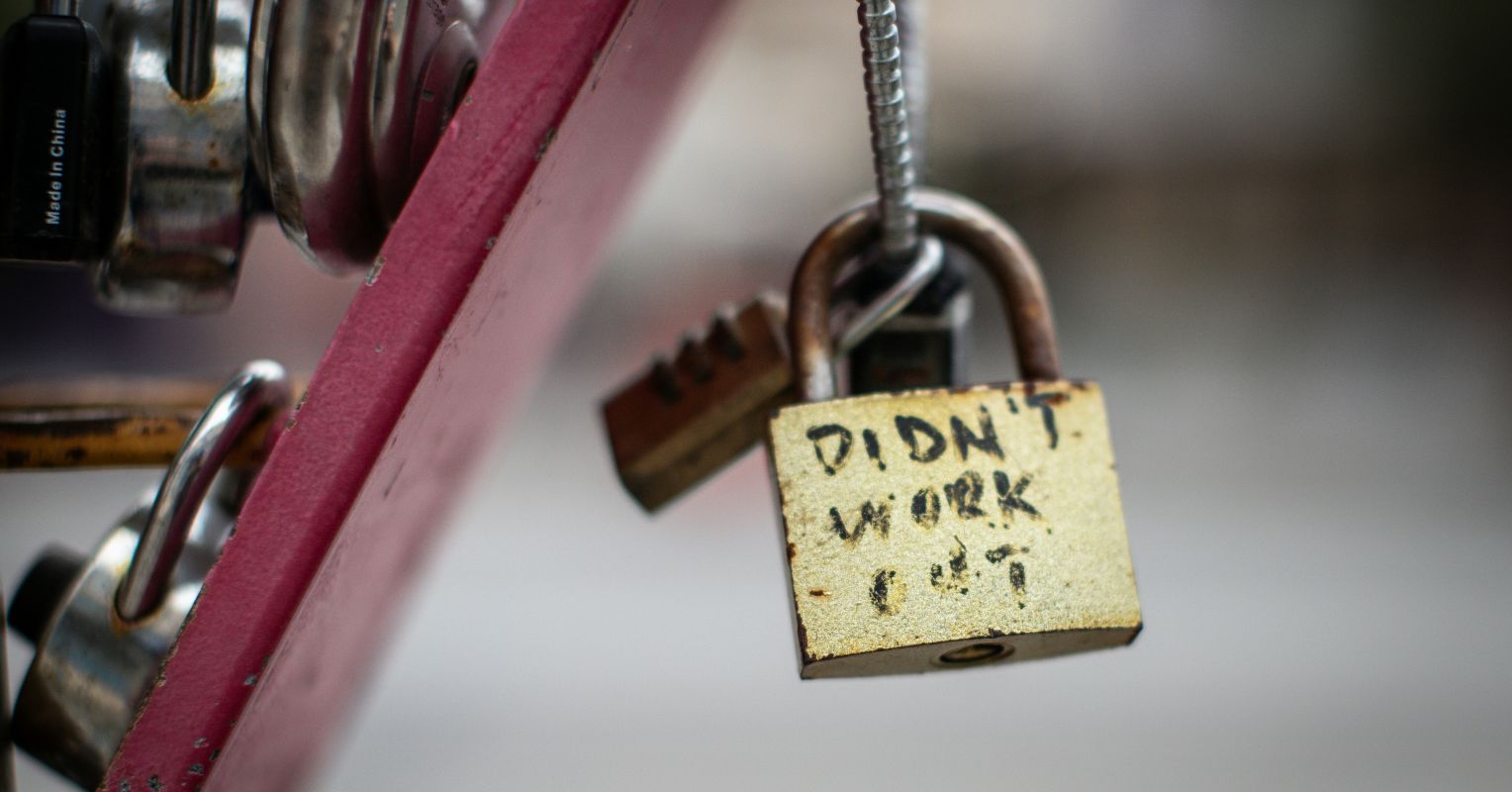
"We typically believe that the person who is "dumped" during a breakup suffers so much more than the person ending the relationship (the dumper). We think the person who is dumped does not want the relationship to be over, wants to try and fix it, keep it going, stay in contact-anything but end it."
"However, there's growing evidence that this is not often the case. After analyzing hundreds of individuals' reports about their adjustment after a breakup, we have found (as have others) that very often the two groups do not differ in their reports of sadness and loss. When we examine research documenting day-by-day impacts, more often we find no differences."
"How can that be? One partner chose to give up on something that was shared between partners, and the other partner unwillingly lost something that they wanted to continue to share. After we went through many studies on this topic, we tried to reconcile the inconsistencies and realized that there are a few confounding issues that can account for a seeming benefit to being the dumper (versus the dumpee)."
People often assume the rejected partner suffers far more than the person who ends a relationship. Research surveying hundreds of individuals finds that initiators and rejected partners frequently report comparable levels of sadness and loss, and daily measures often show no differences. One partner may end a relationship after reaching a toleration threshold, while the other experiences an unwilling loss of something shared. Methodological and contextual confounds can create the appearance that initiators fare better. Both partners bear loss, and choosing to remain engaged in relationships offers substantial benefits.
Read at Psychology Today
Unable to calculate read time
Collection
[
|
...
]